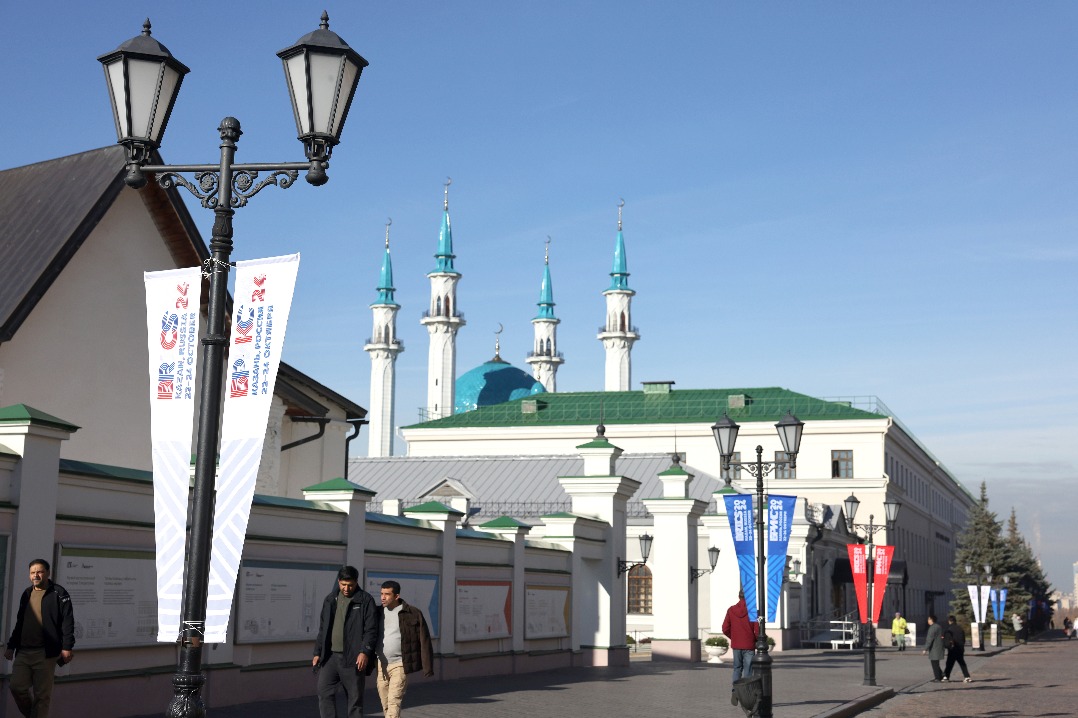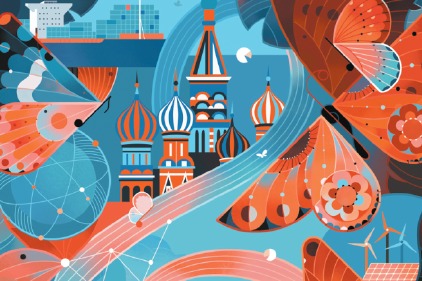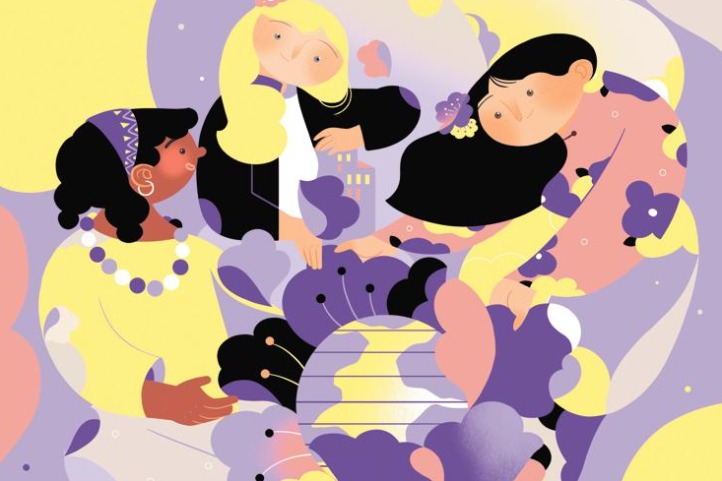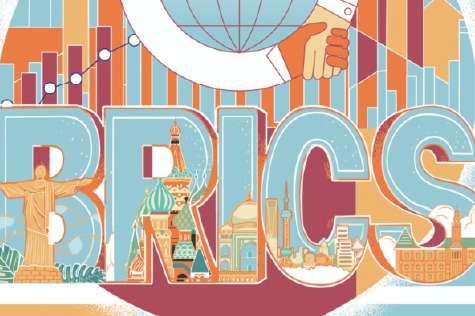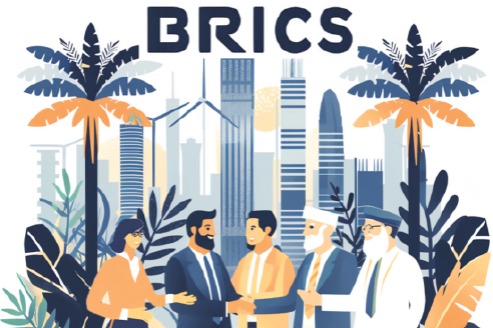Grouping promises to bring more benefits to the world

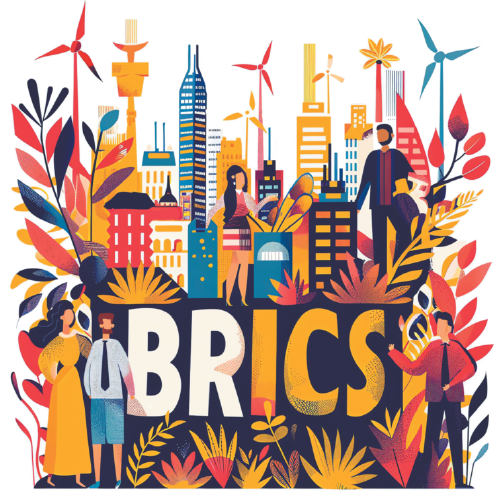
About two dozen heads of state or government have gathered in Kazan, Russia, for the three-day BRICS Summit which opened on Tuesday. This is the grouping's first summit since it formally admitted five new members on Jan 1. The fact that the leaders of some non-member countries are also attending the meeting signifies BRICS' increasing influence in the world arena.
With the cumulative population and GDP of BRICS member states accounting for 46 percent and 28 percent of the global total, any discussion the summit holds, any statement it issues or any decision it makes will have an impact on a world fraught with conflicts, disputes, divisions and economic crisis.
The acronym BRIC(Brazil, Russia, India and China) was first used by British economist Jim O'Neill in 2001 to describe the four economies which could, if they maintained their growth, dominate the global economy by 2050. The world readily accepted the new term, which was extended to include "S" when South Africa joined the grouping in 2011. However, the first summit of the grouping was held two years before that, in 2009.
The name BRICS continues to be used for the grouping even after the inclusion of five new members.
I wonder if the British economist used the term BRIC as a metaphor for "brick", which signifies strength and longevity. Bricks have been used for thousands of years to build houses and other structures. Bricks have also been used as weapons. Useful as they are, bricks are mostly made of humble clay. They can also be made of concrete or expanded clay aggregate. Although bricks normally mean fired bricks, there are also air- or sun-dried bricks, popularly known as mud bricks, whose history is older than that of fired bricks.
China embraced BRICS just like ancient civilizations embraced bricks as an essential construction material thousands of years ago. Such was the enthusiasm over BRICS that translating the term BRICS into Chinese, the translators added an adjective "golden" before it. Since then, it has been known as Jin Zhuan (Golden Bricks) in Chinese, which conveys good wishes to the grouping to create a better future for the world.
The heads of state and government, as well as leaders of the invited non-member developing countries, representing almost half of the global population, have gathered in Kazan to discuss how to stabilize global economic recovery, counter rising protectionism, and help bring peace to Eurasia and the Middle East, and I hope they succeed in their endeavor.
The US-led West has been accusing the developing countries, particularly China, of violating the rules of or trying to destroy the world order. But the existing world order and its rules were established by the club of rich and industrialized countries to suit their own interests, leaving little say for the developing countries. I hope the leaders assembled in Kazan will find ways to let the developing world's voice be heard loud and clear in international forums and to reform the existing world order to make it fairer and truly representative of the developing countries.
Many of the leaders are expected to hold bilateral talks on the sidelines of the BRICS Summit, which will likely help deepen their mutual trust and strengthen their economic and political cooperation. Lending each other warmth is, in a way, what the grouping is designed for. In fact, the grouping's journey shows the member states have been doing exactly that ever since the inception of BRICS. It is to be hoped that the BRICS members and invitee developing countries, which follow different political systems and are at different development levels, will lay aside their disputes and differences, and work together to create a better future for their peoples.
The fact that BRICS has been expanding its membership and may continue to cautiously do so shows that it is an open platform ready to take measures to become more representative of the developing world. With more than 30 countries applying to join BRICS, the grouping promises to bring more benefits to the member states as well as the rest of the world.
And hopefully, BRICS passes the trial by fire to become a real Jin Zhuan (Golden Bricks), a symbol of fortune in China.
The author is former deputy editor-in-chief of China Daily.

















